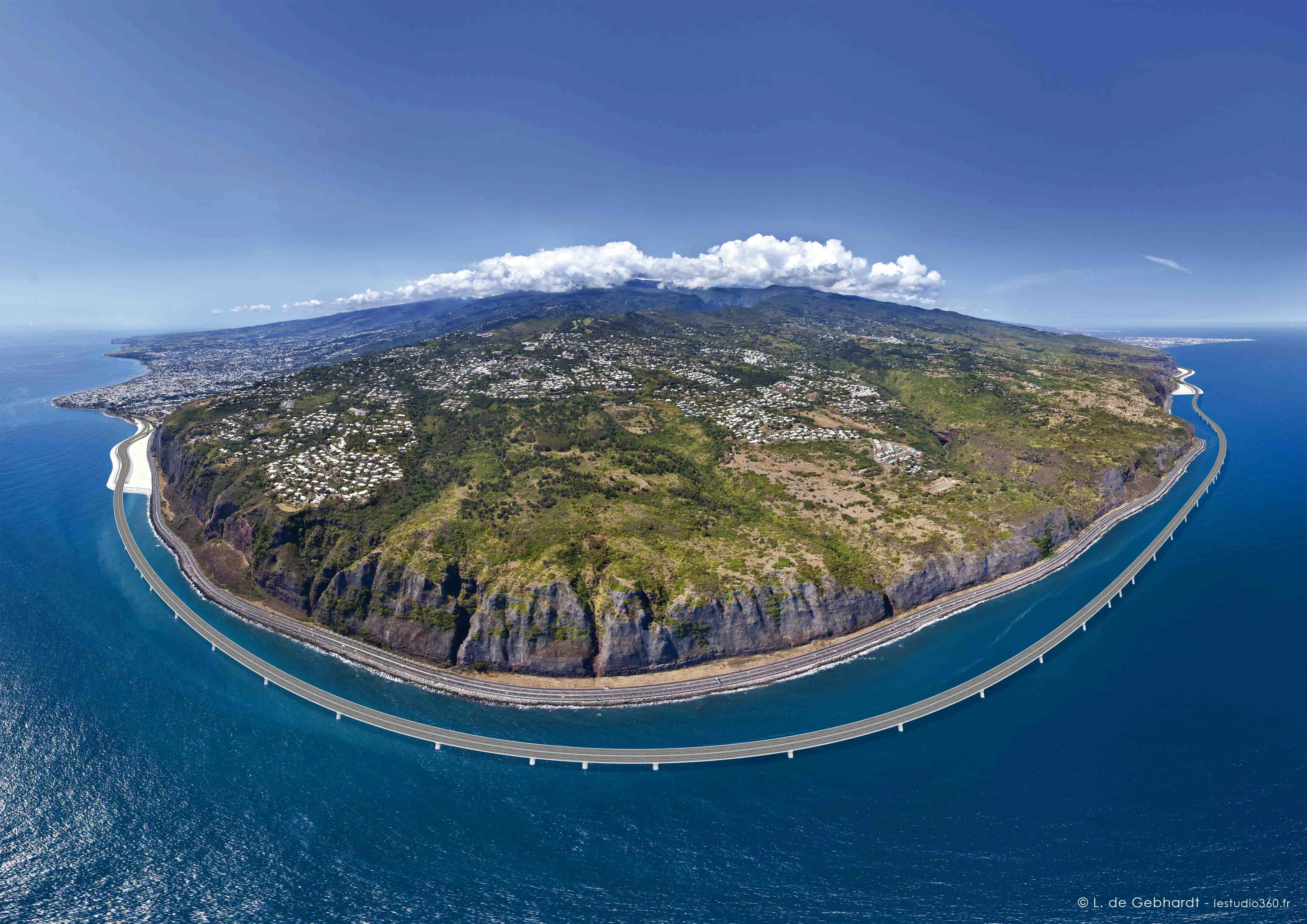The project has been planned for some time with feasibility studies have been completed some years ago. Construction was intended to start back in 2015. But the tendering process has been delayed for a variety of reasons, including problems with the permissions process for construction on the land along the route.
Building this new expressway will help reduce the severe congestion on the existing route, which is Uganda’s busiest road, improving travel times for drivers. The project includes more than six major interchanges and link roads that will connect to all the major towns along the route. Also included will be the construction of over 60 bridges (such as flyovers and river crossings), fencing along the length of the route, lighting and toll plazas. The new expressway will start at Kakawa Division in eastern Kampala and will run through Namanve and Mukono in Mukono District, ending at the New Jinja Bridge in Njeru. This 525m-long bridge is being built with two lanes in either direction by the Japanese contractor Zenitaka Corporation. The bridge spans the Victoria Nile, replacing a structure dating from the 1950s that has outlived its design life. Construction of the bridge is close to completion and is costing $125 million, with 80% of the funding having been provided by the Japanese Government and the remainder by the Ugandan Government.
And also in Uganda, the new highway connecting capital Kampala with its international airport at Entebbe is now close to completion.
Bidding for Uganda road connecting Kampala and Jinja
In Uganda bidding is now underway for the new expressway project to improve transport between capital Kampala and the industrial city of Jinja. The project for the 95km section of road is expected to cost US$1 billion to construct. The contract is being offered under the design, finance, build and operate model, with the route then being handed back to the Ugandan Government once the agreed concession period is complete. Some of the financing will be provided by the Africa Development Bank (AfDB), French De
May 22, 2018
Read time: 3 mins
In Uganda bidding is now underway for the new expressway project to improve transport between capital Kampala and the industrial city of Jinja. The project for the 95km section of road is expected to cost US$1 billion to construct. The contract is being offered under the design, finance, build and operate model, with the route then being handed back to the 1073 Ugandan Government once the agreed concession period is complete. Some of the financing will be provided by the Africa Development Bank (AfDB), French Development Agency (AFD) and EU. The expressway is to feature from two to four lanes in either direction in various sections and will be a key link on the transport routes for East Africa. This international expressway forms part of the Northern Corridor of the Trans-Africa Highway. It will be the primary transit corridor for transportation of goods to and from Kenya’s port of Mombasa, through Uganda and to the Democratic Republic of Congo, as well as Rwanda and Burundi.








